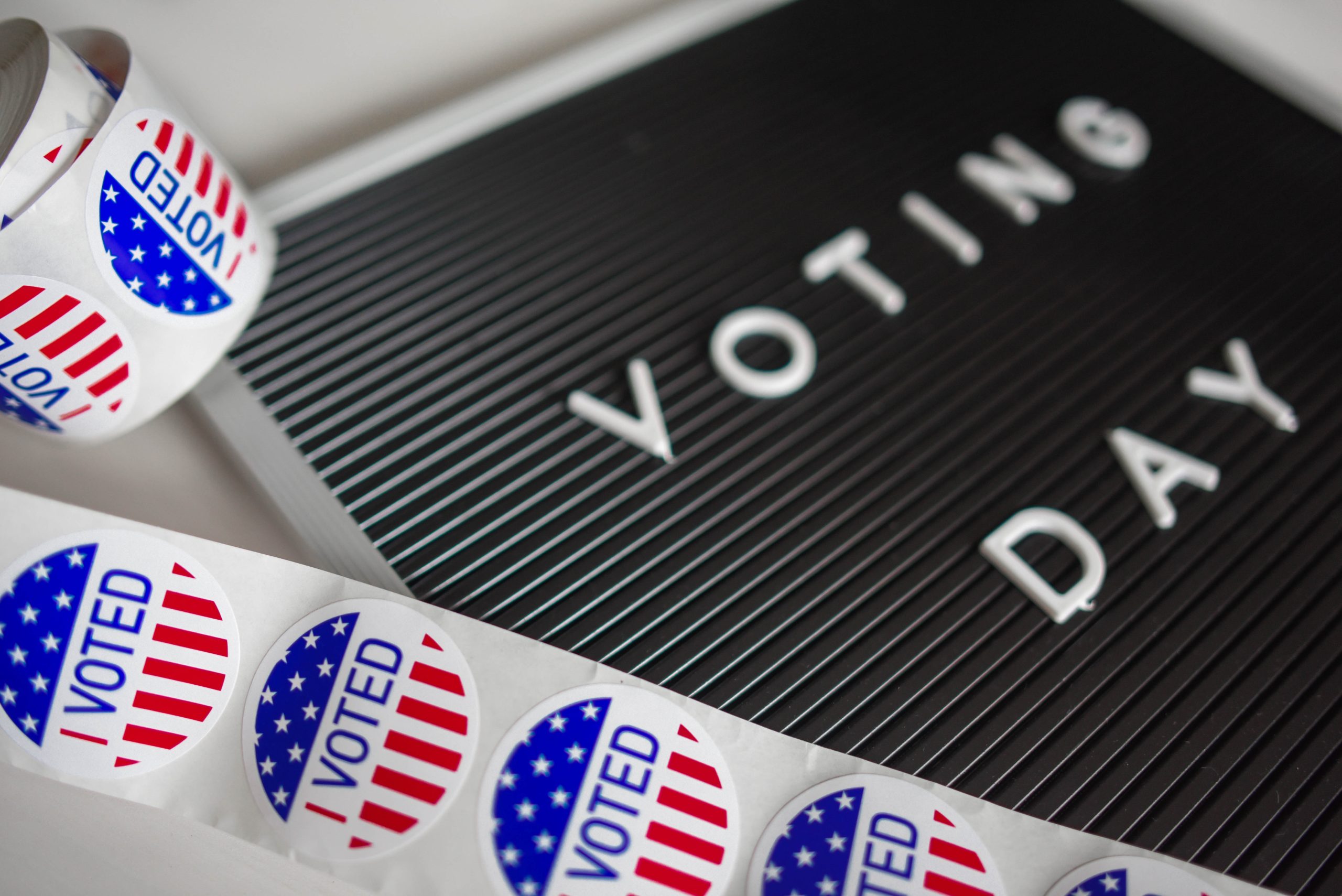The right to vote is a fundamental aspect of American democracy. However, throughout history, the ability of certain groups to exercise that right has been met with resistance and discrimination. From the early days of the country when only white male property owners were allowed to vote, to the more recent struggles of African Americans, women, and other marginalized groups, the fight for voting rights in America has been a long and ongoing battle.
The passage of the Voting Rights Act of 1965 was a significant milestone in the fight for voting rights in America. The act prohibited discriminatory voting practices, such as literacy tests and poll taxes, which had been used to disenfranchise African Americans and other minorities. It also required certain states and jurisdictions with a history of discrimination to seek federal approval for any changes to their voting laws and procedures.
However, in recent years, the Supreme Court has weakened key provisions of the Voting Rights Act. In 2013, the Court struck down a provision that required states with a history of voting discrimination to seek federal approval before making changes to their voting laws. The Court argued that the provision was outdated and no longer necessary. Since then, several states have implemented new voting laws that critics argue are designed to suppress the votes of minority and low-income voters.
The most recent example of this is the controversy surrounding the 2020 presidential election. Former President Donald Trump and his supporters claimed widespread voter fraud and launched numerous legal challenges to the election results. Many of these challenges were based on unfounded claims and conspiracy theories, but they sparked a national debate over the integrity of the voting process.
The fight for voting rights in America is ongoing, and there are still many challenges to overcome. One of the biggest challenges is the issue of voter suppression. Critics argue that many of the new voting laws being implemented by states are designed to make it harder for certain groups to vote, particularly minorities and low-income voters. These laws include strict voter ID requirements, reduced early voting periods, and limitations on mail-in voting.
Proponents of these laws argue that they are necessary to prevent voter fraud and ensure the integrity of the election process. However, studies have shown that instances of voter fraud are extremely rare and that these laws disproportionately affect certain groups of voters.
The fight for voting rights in America has also been complicated by the COVID-19 pandemic. The pandemic forced many states to implement new voting procedures, such as expanded mail-in voting and early voting. However, some states have rolled back these procedures in the wake of the pandemic, which could make it harder for people to vote in future elections.
The future of the fight for voting rights in America is uncertain. It will require a concerted effort from lawmakers, activists, and citizens to ensure that every American has equal access to the ballot box. This will require addressing issues such as voter suppression, gerrymandering, and campaign finance reform. It will also require a renewed commitment to the principles of democracy and the right of every citizen to have a say in the decisions that affect their lives.
In conclusion, the fight for voting rights in America is an ongoing struggle that has been marked by significant progress, but also setbacks and challenges. The right to vote is a cornerstone of American democracy, and it is up to all of us to ensure that this right is protected and upheld for all Americans, regardless of their race, ethnicity, gender, or socioeconomic status.




